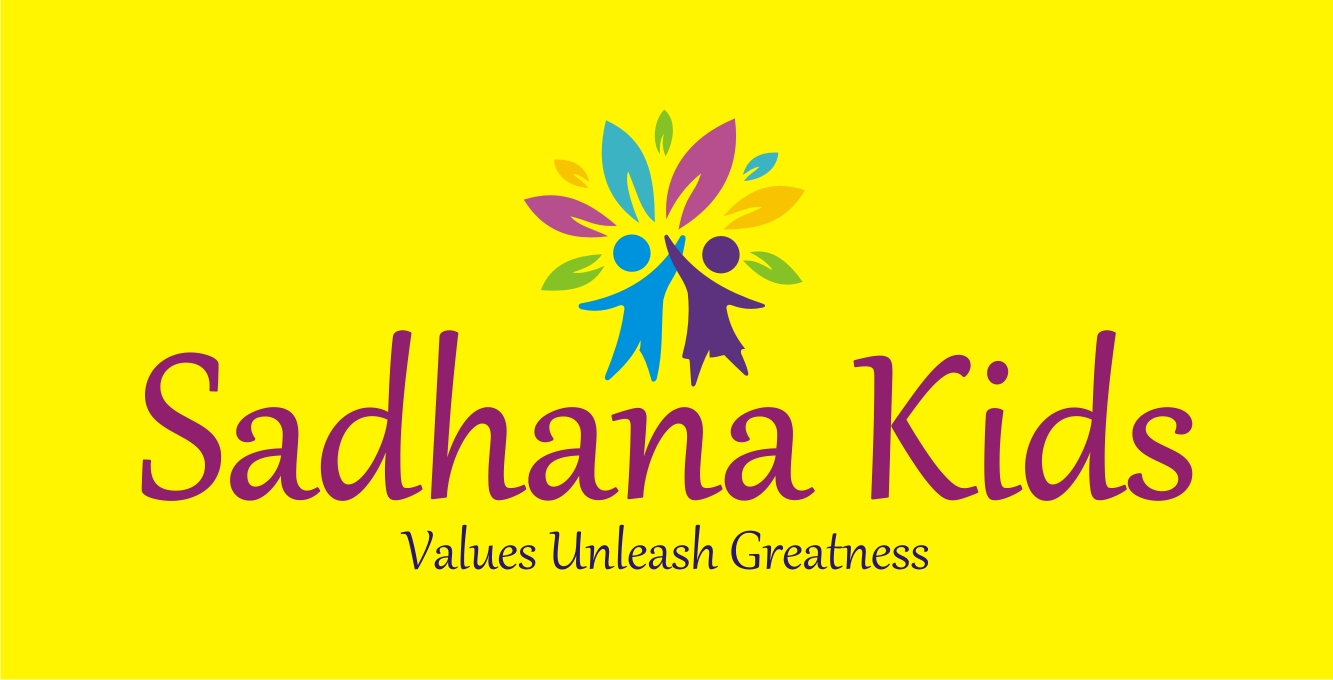About
Sadhana kids is a child centric environment that promotes value-added education with an international standards curriculum for preschool by combining the principles of values and life skills with a curriculum that aligns with global educational standards.


Our purpose
This approach aims to provide young learners with a well-rounded education that goes beyond academic knowledge, emphasizing values, skills and attitudes that are essential in a global context.
The goal of value-added education with international standards is to equip students with the knowledge, skills, and values needed to thrive in a globalized world, emphasizing a holistic approach to education that goes beyond academic achievements.
- 1000+ Child Care Centers Worldwide
- 32000+ Bright Horizons Employees Across the Globe
- 1 Child and Family at a Time
Our Vision:
Our vision at Sadhana Kids is to be a beacon of excellence in early childhood education, providing a nurturing and innovative environment where young minds blossom and thrive. We aspire to create a foundation for lifelong learning, fostering a love for exploration, creativity, and compassionate citizenship.
At Sadhana Kids, we not only prepare children for academic success but also to equip them with the skills, values, and enthusiasm needed to navigate an ever-changing world. We are dedicated to laying a strong foundation that empowers each child to reach their full potential and become lifelong learners and compassionate global citizens.

Key Elements of Sadhana Kids
Global Curriculum:
Adherence to internationally recognized educational standards and frameworks to ensure that the curriculum is on par with or exceeds the expectations set by global education systems.
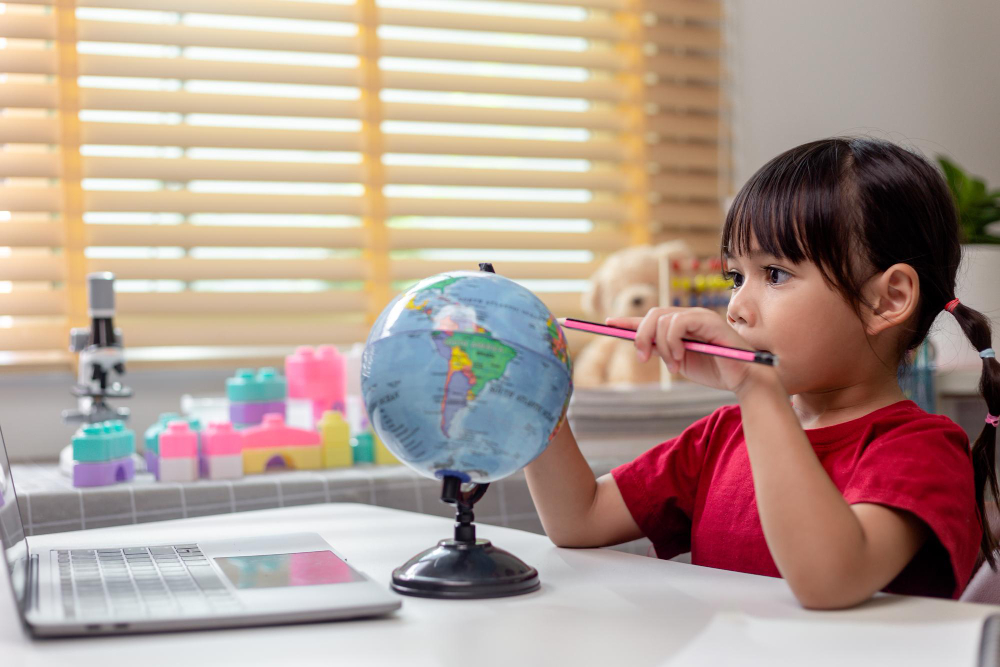
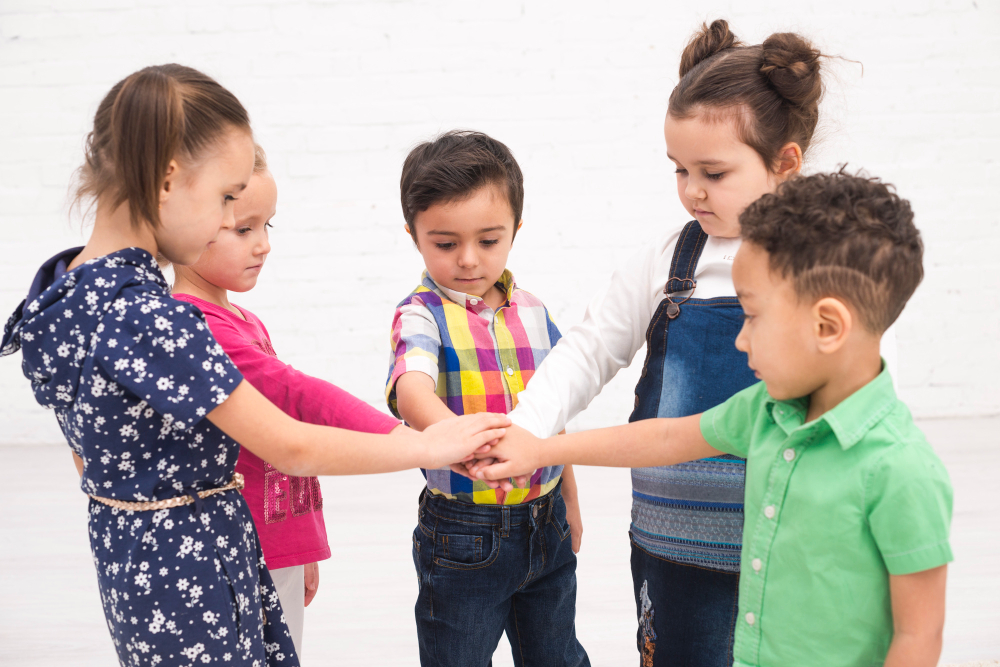
Cross-Cultural Competence:
Inclusion of content that promotes understanding and appreciation of diverse cultures, fostering cross-cultural competence among students.
Language Proficiency:
Emphasis on language education that goes beyond basic proficiency, including exposure to multiple languages or a focus on a language commonly used in international contexts.


Critical Thinking and Problem-Solving:
Integration of activities and teaching methodologies that encourage critical thinking, analytical skills, and problem-solving abilities.
Values-Based Education:
Explicit incorporation of core values into the curriculum, such as integrity, empathy, respect, responsibility, and global citizenship.


Social and Emotional Learning (SEL):
Integration of SEL programs to support the emotional intelligence and social skills of students, contributing to the development of well-rounded individuals.
Innovative Teaching Methods:
Use of modern and innovative teaching methods, including technology integration, to keep pace with global educational trends and advancements.

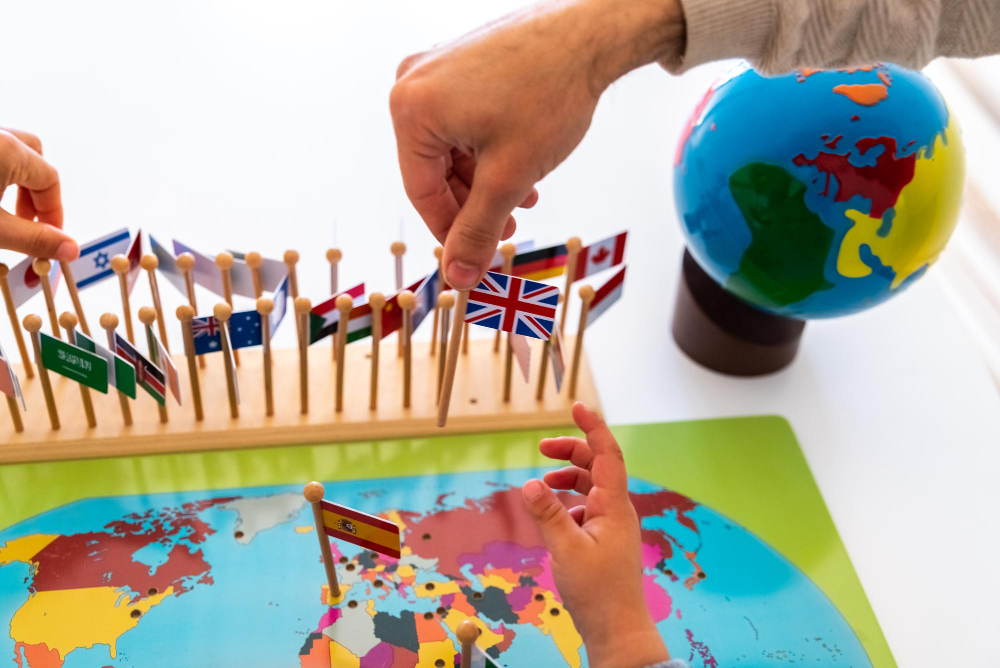
International Perspectives in Learning Materials:
Utilization of learning materials, textbooks, and resources that present international perspectives and examples, making the education experience more globally relevant.
Environmental and Global Issues:
Addressing global challenges, such as environmental sustainability and social issues, to raise awareness and instil a sense of responsibility towards the world.
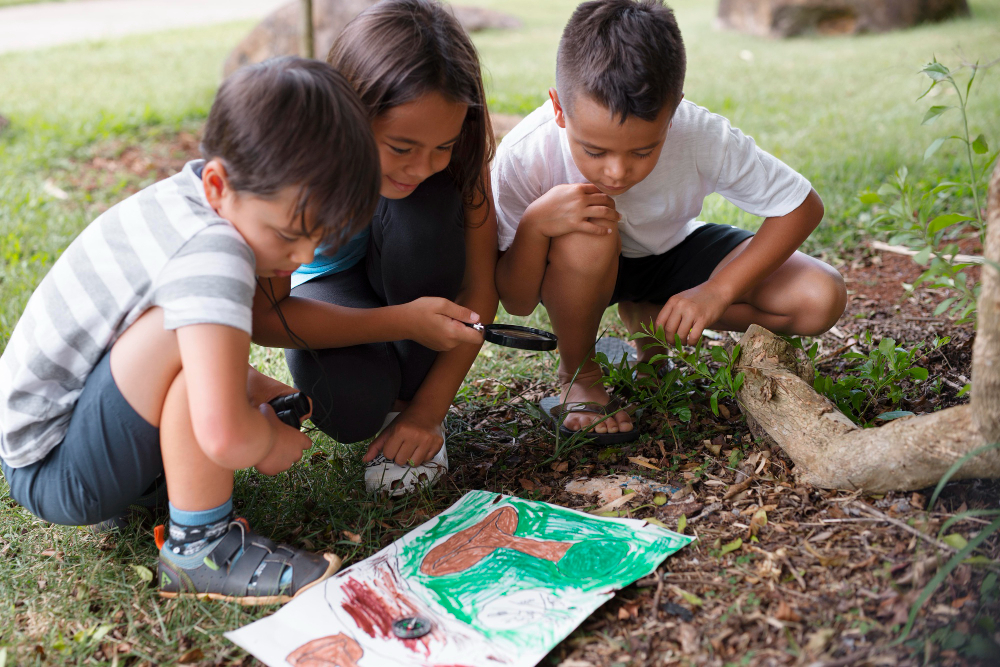
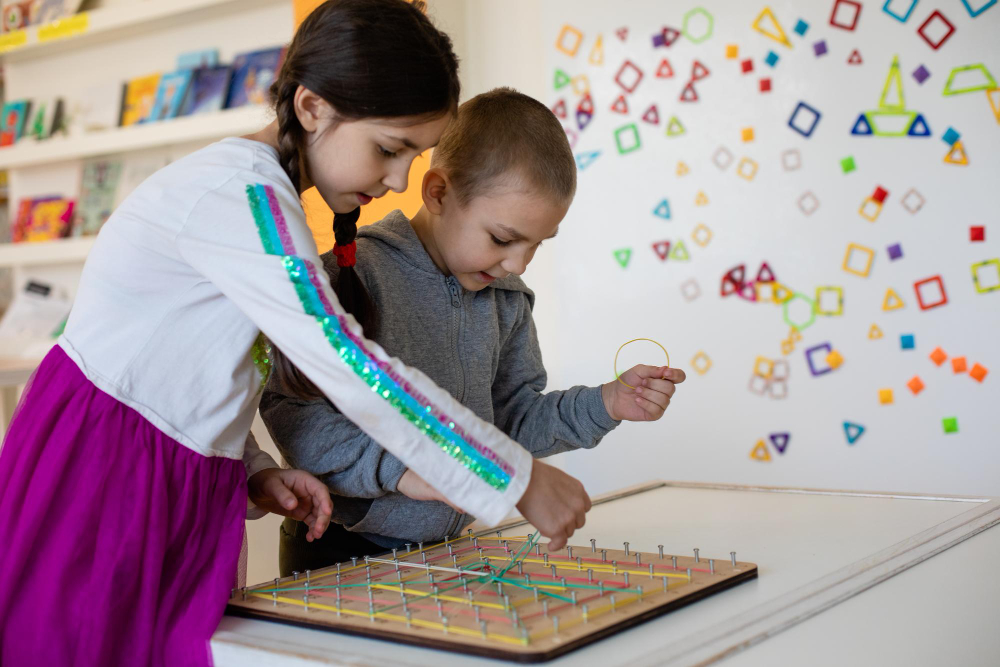
Assessment for Holistic Development:
Assessment methods that go beyond traditional academic evaluations, considering a student’s holistic development, including character, communication skills, and creativity.
Preparation for Global Citizenship:
Explicit focus on developing skills and attitudes that prepare students to be responsible, ethical, and contributing global citizens.


Professional Development for Educators:
Continuous professional development for teachers to keep them updated on global educational trends, teaching methodologies, and best practices.
